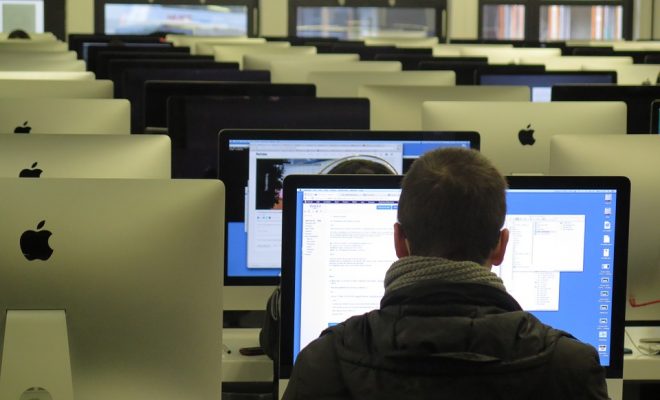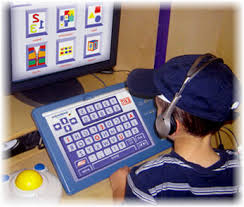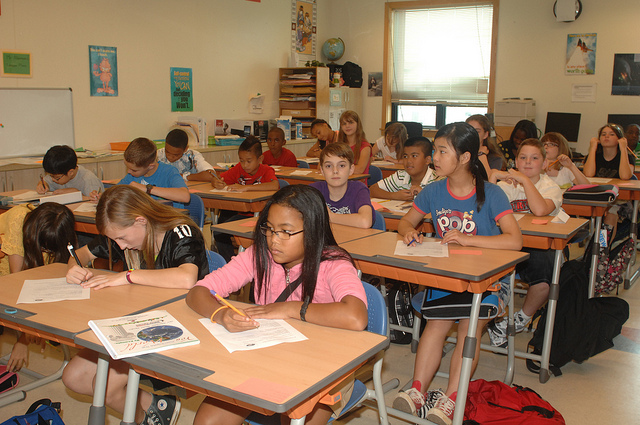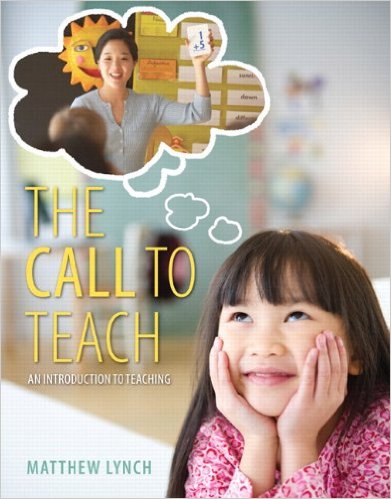How assistive technology is changing special education

**The Edvocate is pleased to publish guest posts as way to fuel important conversations surrounding P-20 education in America. The opinions contained within guest posts are those of the authors and do not necessarily reflect the official opinion of The Edvocate or Dr. Matthew Lynch.**
A guest post by Philip Murphy
The advancing technological landscape in which we live is changing ways we educate our children, and assistive technology is creating a world that helps special education students learn just like everyone else.
Broadly defined, assistive technology is any device or piece of equipment that helps compensate for a person’s disability.
In special education, assistive technology could be audio books and screen readers for students with visual impairments, hearing aids and visual learning tools for the hearing impaired or voice dictation software for students unable to move their limbs.
All are examples of how this technology is changing modern educational techniques, and particularly special education.
Providing a more productive learning experience for students in need of these devices was part of the Individuals with Disabilities Education Act (IDEA) revision of 2004. The revision requires Individualized Education Program (IEP) teams to consider what assistive technology can do for individual special needs students.
A variety of apps are available for iPad and iPhone serving as learning assistants and the number is increasing. Here are five popular ones:
Read2Go: Partnered with Bookshare, this software opens a digital library of over 170,000 books to students with dyslexia and impaired vision. The software requires a membership, but the U.S. Department of Education Office of Special Education Programs can provide free memberships to students and schools meeting certain requirements.
Dragon Dictation: For students with disabilities that prevent them from being able to write, this free app enables the students’ mobile device to capture what they say.
Draw Free for iPad: Teachers say this software works well for kids who struggle with fine motor skills. It is a tool that can be used on any project that entails an artistic element.
Talking Calculator: Featuring large colorful buttons and a voice that informs the student which buttons they are touching, this interface makes using a calculator easier for children with visual disabilities. Performing a calculation on this app leads to a vocalized answer, turning math into a more enjoyable experience for the user.
Notability: A note-taking app that includes an audio recording function that can help visual and audio learners. It also allows users to mark-up photos, PDFs and store notes on iCloud.
Where assistive technology once caused special education kids to stand out, the integration of mobile devices that use apps is actually causing the opposite to happen.
“It has changed the way people look at people with disabilities,” Karen Gorman, director of Assistive Technology for New York City Public schools said in a 2014 interview with NPR.
She went on to say parents of children with special needs now feel that because their kids are using something that looks cool and modern, the social playing field is more level and “other kids will come over to them and interact with them.”
The number of devices is growing to the point that students have a wider variety of innovative electronics at their fingertips. A 2013 Arizona Republic story highlighted an 11-year-old’s use of assistive technology to compensate for her struggles holding a pencil. Her use of a $200 word processor called The Forte provided the freedom to keep up with a fast-paced sixth grade class.
Jan Cawthorne, director of special education for Mesa Public Schools in Arizona is well-versed in assistive technology and how far it’s come. She cited a coolness factor to these devices since the iPad came out that wasn’t there before.
“Assistive technology used to mean big, clunky things that kids were embarrassed to be seen with,” Cawthorne said. “Now, it’s a cool thing to use.”
Read all of our posts about EdTech and Innovation by clicking here.
_____
Philip Murphy works at Bisk Education with the University of St. Thomas in Minnesota. He writes about topics relating to Special Education, specializing in Austism Spectrum Disorders.



